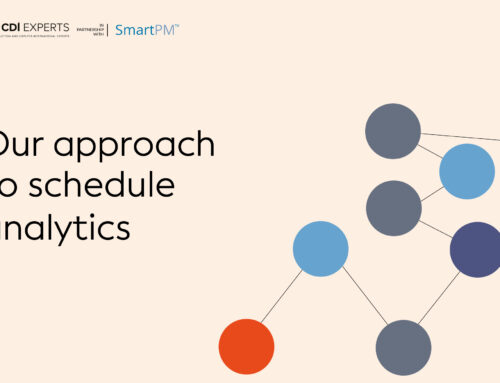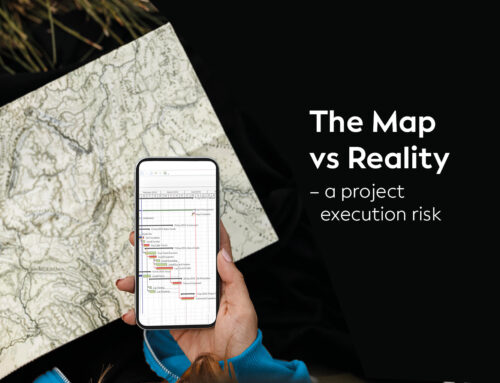Preparing for the final account
Final account preparation occurs throughout the contract period. Financial statements prepared
by the quantity surveyor will generally serve as the starting point for final account discussions. As a matter of preparation, the professional quantity surveyor (PQS) should ensure that all contracts instructions have been accounted for and that all other potential cost-related items are scheduled out. This may include, but not be limited to:
» Provisional Sums
» Agreeing prime cost sum
» Any loss and expense associated with extensions of time
» Adjustment of provisional/approximate quantities
» Fluctuations
» Any set-off/contra charges (typically a subcontractor issue)
» Any other items affecting total cost

Linking last formal cost report
If costs have been tracked properly throughout
the duration of the project then the only difference between the last formal costs report in the final account should be any changes or variations in the period between the last forecast reports in the
final account.
Suitable and well-followed project documentation should make the task of preparing the final account more straightforward in the long run. Good documentation is easily auditable and the importance of this is highlighted when proper records are not available.
The importance of change control
Change control is a critical part of a well-run and audited project.
Any potential changes should go through this process before an instruction is given so that the employer feels they are able to make informed decisions. It also ensures that the contractor is not going ahead and acting on changes that they believe they’ve been instructed to do, only to find out that they were not actually communicated to the employer. Good documentation is easily auditable and the importance of this is highlighted when proper records are not available.
Without a well-managed change control process, the final account negotiations may be more difficult. There may be a difference of opinion between what the contractor believes they were instructed as to what they were actually instructed.
Final account
The final account meetings are generally held between the contractor and the quantity surveyor, It is an opportunity to exchange information and present methodologies for valuation of each variation in accordance with the contract.
Most of the preparatory work should have been carried out ahead of time so that the final account meeting can focus on agreeing the few outstanding items that may be still suspended.The final account meeting should certainly not be the first time that parties have seen each other’s positions; this would indicate that the change control process has not been working properly.

Structure of the final account
There are no firm rules about how a final account should be structured and as long as both parties agree. Below are a list of your typical final account headings and descriptions:
a) Variable costs, which include:
» Provisional Sums
» Approximated Quantities
» Prime Cost Sums
» Day work allowance
b) Variations
» The definition of a variation in terms of final accounts is any change to the contract specifications or drawings (whether that be a set of employer’s requirements or traditional specification and drawings).
The definition of a variation in terms of final accounts is any change to the contract specifications or drawings (whether that be a set of employer’s requirements or traditional specification and drawings).
» In terms of the final account, the only contractually entitled change to the contract sum will be for variations, which have been formally instructed under the contract.
c) Loss and expense
» If the contract administrator has awarded an extension of time for a relevant matter, which would entitle the contractor to loss and expense, then that loss and expense should be formerly recorded as part of the final account settlements, when so instructed formally by the employer.
d) Fluctuations
» Fluctuations are financial adjustments made to the original contract prices to compensate for: changes in taxation and changes in the cost of labor, transport and materials.
» As with all other changes to the contract sum any fluctuations should be communicated by the monthly cost report to the employer at regular intervals.
Written by Mina Anis Abdelshahid
Follow us for more!
Get the expert edge
Please add your details below and we’ll be in touch as quickly as possible





